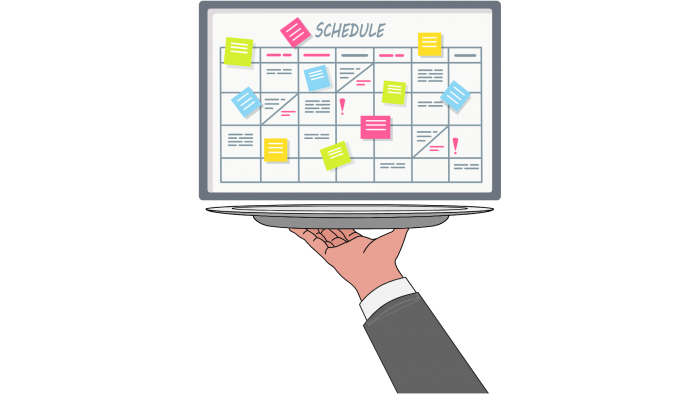Calee Lukowski|Marlin Chronicle
College students tend to find many ways to stay busy, and many do so with a job. Virginia Wesleyan has many opportunities to get a job on campus to help pay tuition, but there are also many opportunities in the local area to work and put money directly into your pocket.
Some students, like first-year Emma McCluskey, find jobs at restaurants. McCluskey works at Outback Steakhouse and has been able to find a balance between school and having a job. “I usually take care of all of my school work during the week and work on the weekends,” McCluskey said.
Going away on your own for the first time is a big challenge that college students face. However, knowing people in the area can help with the transition and with finding a job. McCluskey said, “my cousin recommended that I get the job,” but there are other ways if you do not know people in the area.
Connections aren’t the only way to find jobs. First-year Allyssa Mortenson works at the Cheesecake Factory. “It is my favorite place to eat, so I walked in and asked for an application,” Mortenson said.
Working while in school does have setbacks and limitations for some students. First-year Haley Cummins, who works in the Enrollment Office as an Ambassador said, “Having a job has not affected my grades so far. However, I feel that if my class were more challenging, as I’m expecting in the future semesters, I will need to take less hours to balance it all.”
There is only so much a person can do in a week or a month, so learning how to balance work and school is very important. According to an article by the University of Pennsylvania (UPenn) Wharton Business School, “Compared to students who never work part-time or full-time in college, students who work every month receive on average 0.41 standard deviations lower GPAs.” This is based on working more than 20 hours a week.
The amount of hours students can work may depend on the program the students are enrolled in. According to UPenn, “For students who attend a two year program, almost two-thirds spend more than half of their time in college working twenty or more hours in outside employment.”
For students attending two-year schools, UPenn said, “students who work every month receive 0.24 standard deviations lower GPAs.” The 20-hour per week mark should be able to serve as a little bit of a guide to students wanting to make money while being at school. The data shows that working under that mark makes it less likely for students’ academics to suffer.
Everyone is different, though. Part of moving away to college is figuring out what works best for each individual student, and working during school also has its benefits. According to CNBC and research conducted by The Bureau of Labor Statistics, “Students who worked less than 20 hours per week had an average GPA of 3.13, while non-working students had an average GPA of 3.04.”
The same research found that “working a moderate number of hours has been shown to help students perform better in the classroom, working too much has been shown to have negative effects.”
Most students just want to have a little spending money while at school. Working a small amount of hours is worth it to students. “I like being able to make money while being at school,” McCluskey said. This can help students do things off campus with their friends and attempt to make college a better experience.
Knowing what you are capable of is a large part in taking the next step in your career. It may take a little time to figure out time management, but that is what being a college student is all about. There are benefits of working even if it may not be full time. For students who feel like working is not worth possibly letting academics suffer, then saving money during the summer might be all they need.
Brian Madden
bvmadden@vwu.edu
